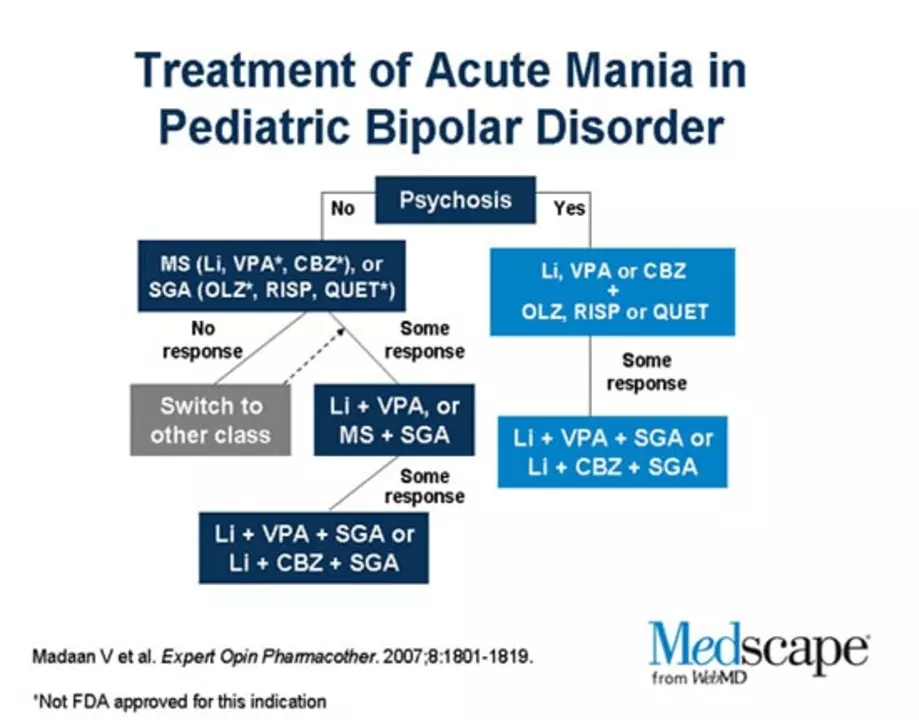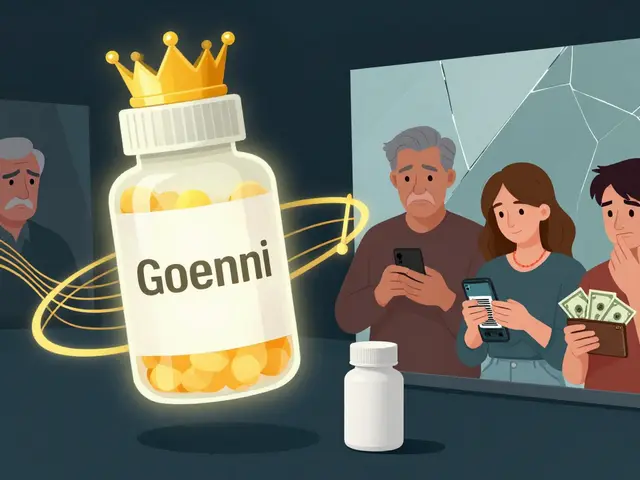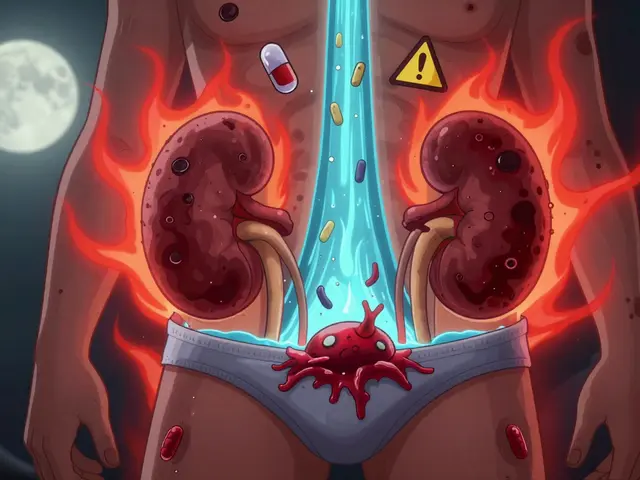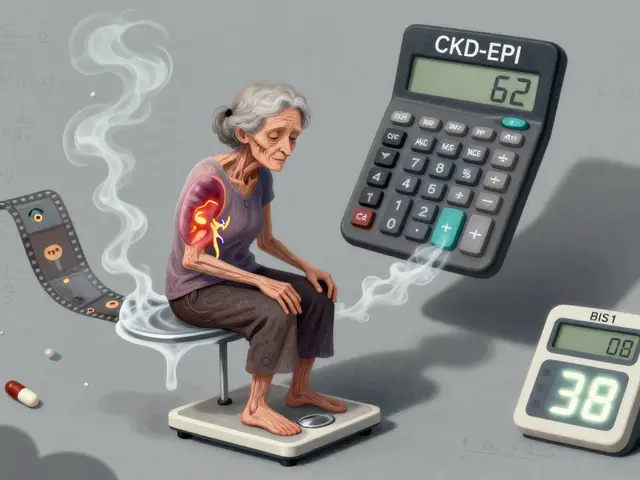Schizophrenia treatment that actually helps: meds, therapy, and real-life tips
Schizophrenia is treatable, but the right mix of care looks different for everyone. You can expect progress with the right medication, therapy, and supports—often at the same time. This page gives straight, useful steps you can use now to find and manage effective treatment.
Medications: what to expect
Antipsychotics are the main drugs used to reduce hallucinations, delusions, and disorganized thinking. There are older (typical) options like haloperidol and newer (atypical) ones like risperidone, olanzapine, and aripiprazole. They work differently and come with different side effects: some cause drowsiness, weight gain, or metabolic changes; others may cause movement symptoms. If side effects become a problem, tell the prescriber—there are often alternatives or dose adjustments that help.
Long-acting injectable antipsychotics (monthly or longer) are an option if daily pills are hard to keep up with. Don’t stop medicine abruptly; sudden changes can trigger relapse. Always check with your clinic before changing doses or skipping pills.
Therapy, support, and daily life
Medication reduces symptoms, but therapy and supports teach skills and improve life. Cognitive Behavioral Therapy for psychosis (CBTp) can help manage distressing thoughts. Family therapy and peer support groups help communication and reduce isolation. Social programs—supported employment, housing help, and case management—make recovery more practical.
Simple daily strategies matter: keep a routine, track sleep and meals, and use reminders for medications. Small, consistent steps—like a pillbox, phone alarms, or a weekly check-in with a friend—cut relapse risk a lot.
When to seek urgent help: severe suicidal ideas, deep withdrawal, not eating, or being unable to care for yourself. Emergency or inpatient care can stabilize you quickly and adjust treatments safely.
Talking with your team: be honest about symptoms and side effects. Ask clear questions: What are the likely side effects? How long before I’ll notice improvement? What happens if this med doesn’t work? Bring a trusted person to appointments if that helps you remember details.
Buying meds online? Be careful. Only use pharmacies that require a prescription, show clear licensing, and have contact information. Avoid sites with unbelievably low prices or no pharmacist access. If unsure, ask your prescriber for trusted pharmacy options.
Recovery isn’t about returning to how things were overnight. It’s about managing symptoms, building routines, and getting supports that fit your life. Small wins—sleeping better, fewer intense symptoms, getting back to work or studies—add up fast.
If you’re unsure where to start, your primary care doctor, community mental health center, or a local psychiatrist can point you to meds, therapy, and support programs in your area. Reach out—help makes a real difference.
Selegiline and its potential role in treating schizophrenia
In my latest blog post, I explored the potential role of Selegiline in treating schizophrenia. This drug, typically used for Parkinson's disease, has been showing promising results in recent studies for alleviating symptoms of schizophrenia. Selegiline works by inhibiting the breakdown of dopamine, which is believed to have an impact on the positive and negative symptoms experienced by patients with schizophrenia. While more research is needed, Selegiline could potentially become a new treatment option for those suffering from this complex mental illness. Keep an eye out for updates on this fascinating development in the world of mental health!






